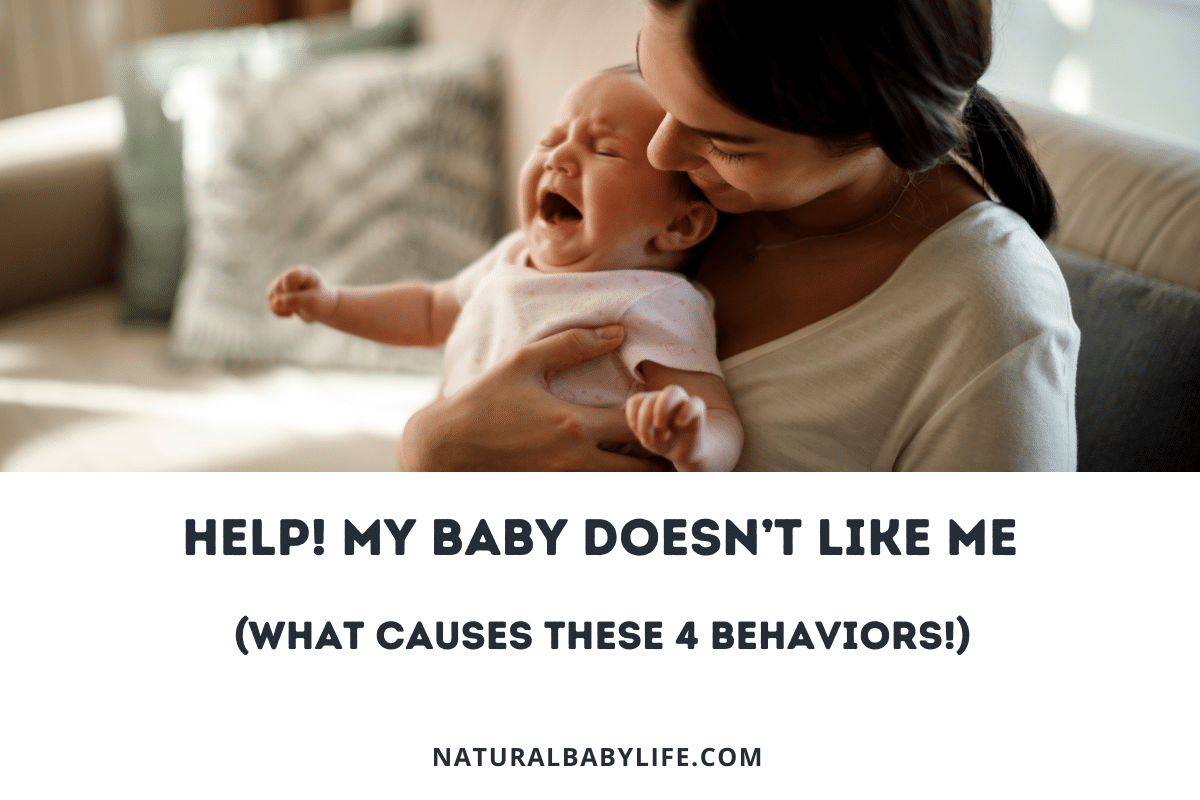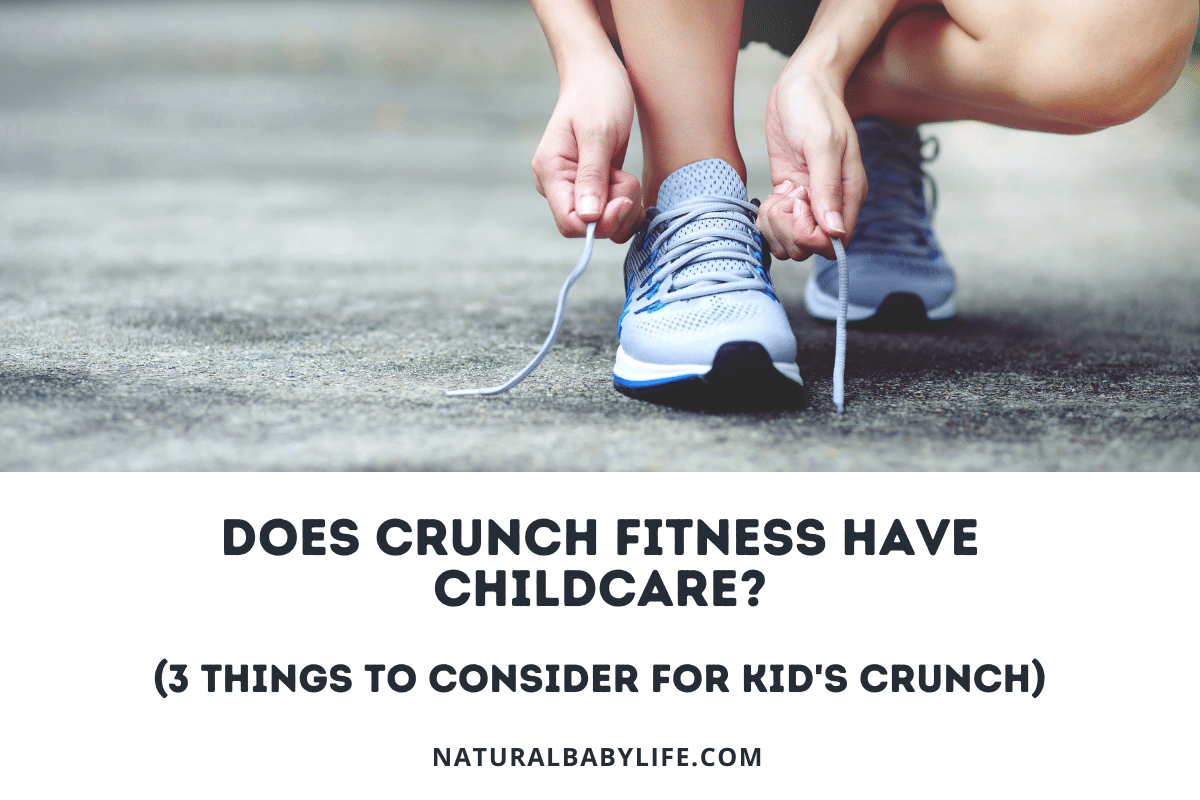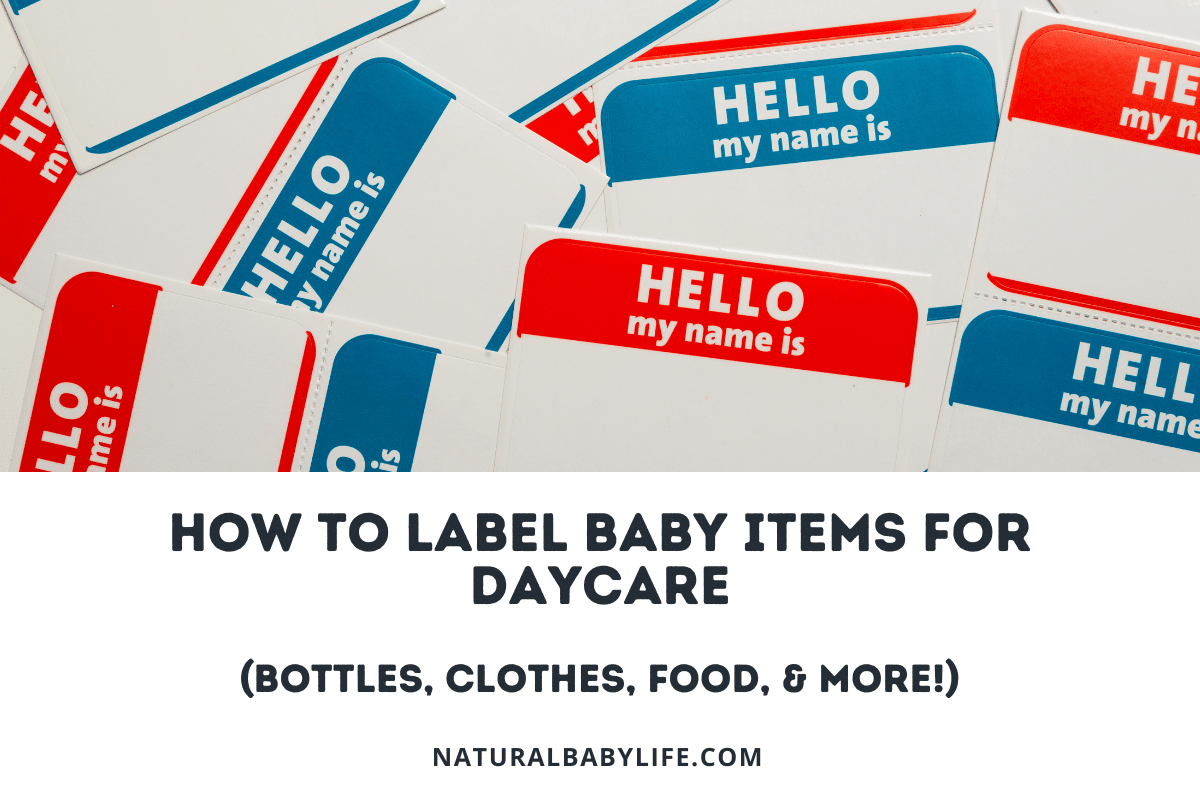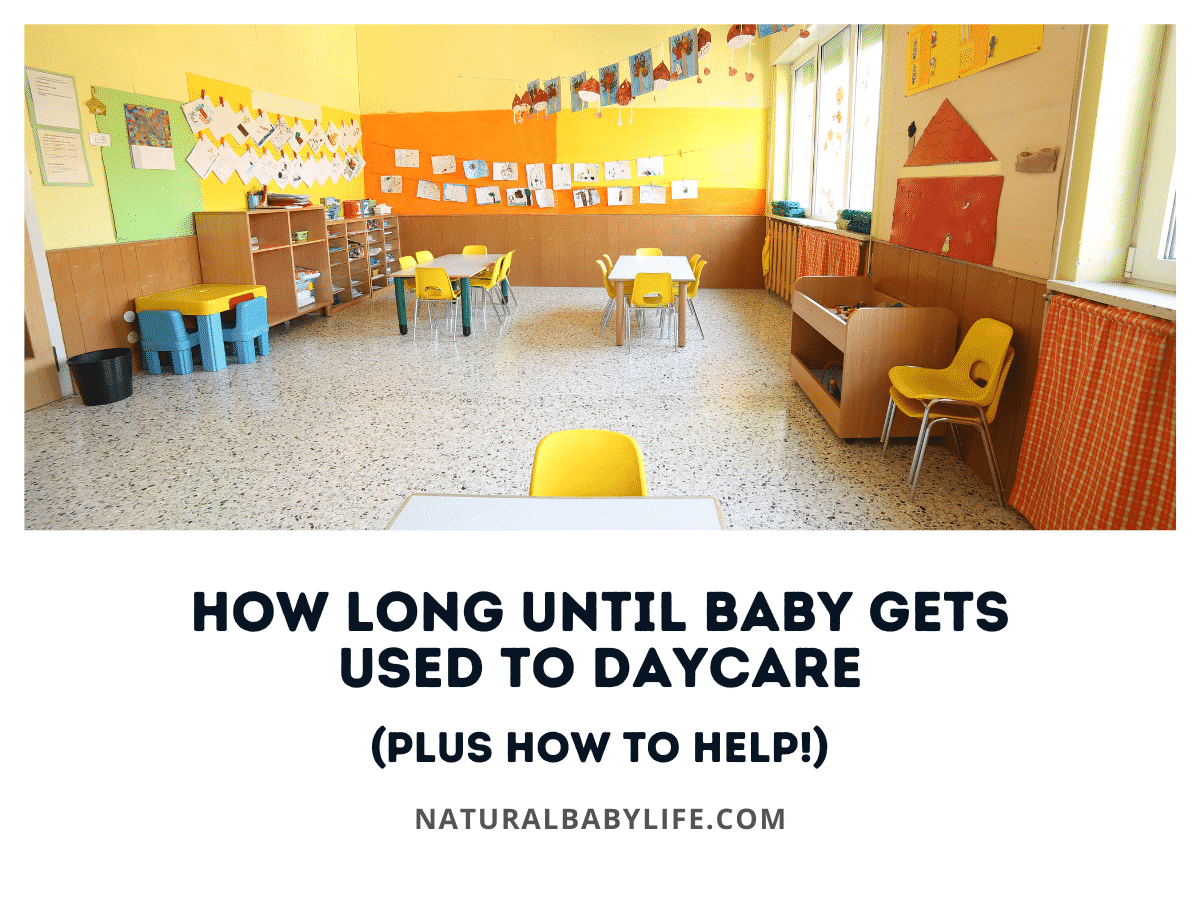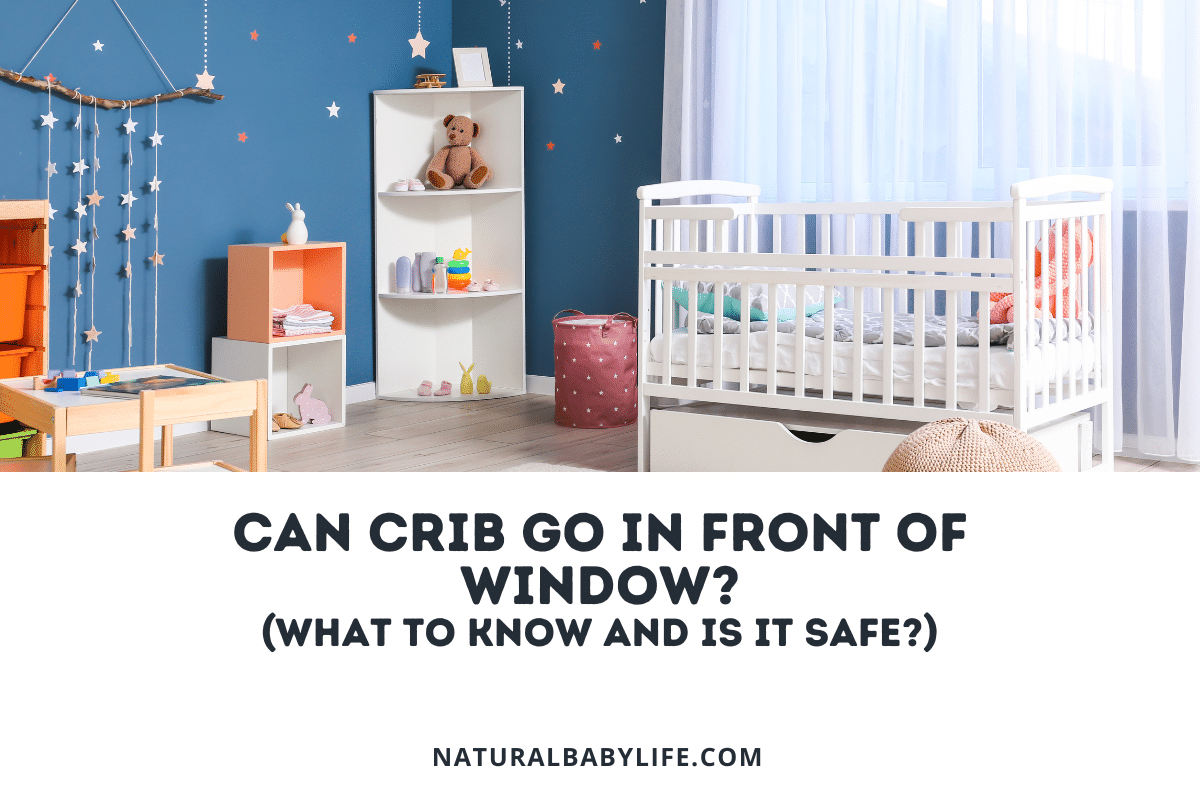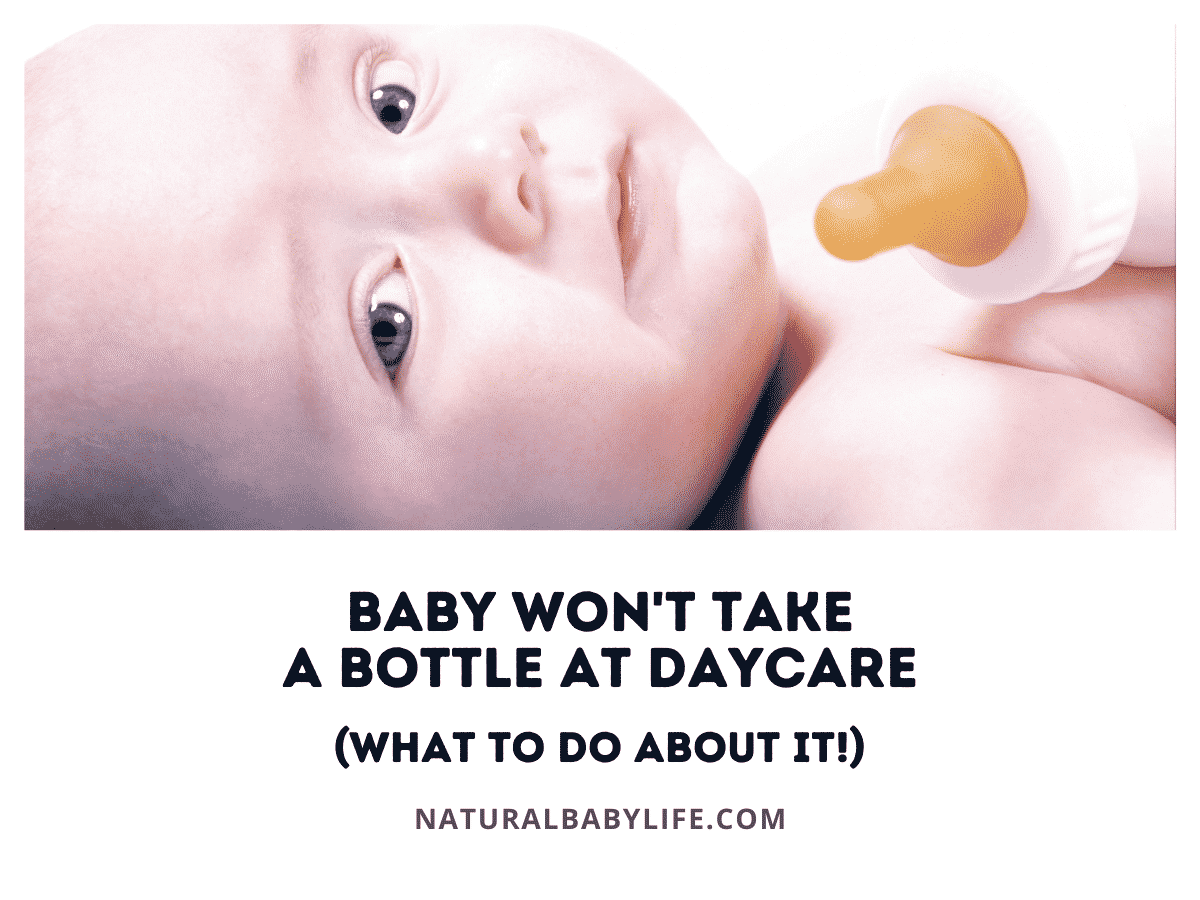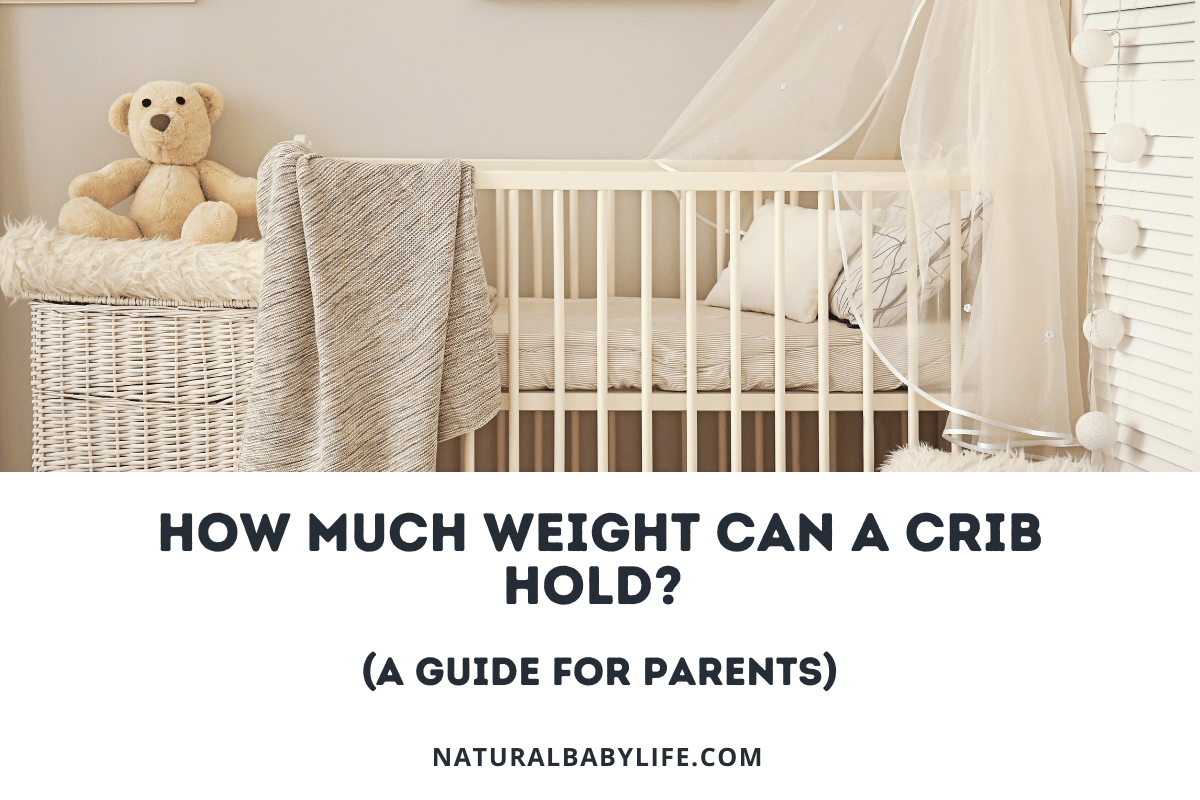You’ve spent the past nine months imagining what a close bond you will have with your baby once they arrive. But what if the bond isn’t quite what you imagined and you wonder what do I do if my baby doesn’t like me.
It’s hard not to feel rejected by your baby when they don’t seem to want you, especially if they are favoring the other parent. In most cases, it’s not personal. Your baby is likely either overwhelmed or interested in the world around them. If you’re concerned about your relationship with your baby, try focusing on simple bonding moments.
Read on to find out why some of the behaviors you’re noticing may be normal as well as tips on how to increase and strengthen your bond with your baby.

Table of Contents
My baby doesn’t like me: What do I do?
Your baby is the most important thing in all the world to you and you likely spend the majority of your time caring for them. When your baby seems to not want much to do with you or seems to prefer the other parent, it can feel like a dagger through the heart.
The truth is, sometimes your baby may cry when you pick them up from daycare or turn away from you simply because they’re tired and irritable. Maybe your child is refusing to breastfeed or only wants the other parent. There’s almost always an explanation for their behavior that has to do with their growing interest in the world around them or overstimulation. Rest assured, it rarely means that your little one doesn’t like you.
No matter what, it’s understandable to have your feelings hurt when your baby doesn’t seem to want you, but know that it will pass and your little one will show you love again soon!
Let’s take a look at some of the common behaviors that might lead you to think “my baby doesn’t like me!” and what you can do about them.
Baby turns away from me
If your baby constantly turns away from you, it’s no wonder you might say, “I feel like my baby doesn’t like me.” There’s nothing like reaching for your child only to have them turn away from you leaving you feeling like you’ve been punched in the gut. We’ve all been there.
Let’s look at some reasons why your baby may be turning from you.
It could be as simple as your baby is feeling a little overwhelmed. They enjoy looking at your face, watching your facial expressions, and listening to your voice. When these sights and sounds (or the emotions that accompany them) become overstimulating, they will naturally either look away or turn their whole head from you.
If you are the primary caregiver, meaning your baby spends the most time with you, they could be turning away because of how familiar you are. They may be exploring more foreign surroundings or faces that are currently holding their attention. As hard as this may be, try not to let it get to you and remember that it’s a sign that they’re comfortable in your presence and feel safe enough to explore.
Baby always cries when I come home
You race home from work and burst through the door eager to see your baby. Instead of being greeted with coos and gummy smiles, your baby bursts into tears and seems to cry the rest of the night. Sound familiar?
The evening hours are usually a period of agitation and irritability for many infants. They’ve had a long day too, and their bodies are winding down in preparation for nighttime. Babies are naturally fussier during this time of day and their fussiness shouldn’t be taken personally. In fact, some even call it the “witching hour.”
Keep in mind that your baby has been away from you all day. More than likely, they’re experiencing a whirlwind of emotions when they see your familiar face. They know you’re someone they trust to meet their needs and they’ve missed you. At such a young age, they are by no means able to express these big emotions in any way other than crying.
Plus, everyone knows that children always behave worse for their parents than other caregivers. It’s because they feel safe knowing they will be loved and cared for no matter how they act.

Baby won’t breastfeed anymore
If your baby no longer wants to breastfeed, it can feel like a personal rejection sometimes. However, there are many reasons why your baby may be going on a nursing strike:
- Your milk supply could be reduced if you are newly pregnant, ovulating, or have been pumping less during your time away from your baby. Your supply can also go down if you’ve been sick or taking medication. A reduced supply could lead to a nursing strike.
- You might have changed something that makes you smell different to your child such as your shampoo, deodorant, lotion, soap, perfume, etc.
- Your baby is sick or teething.
- You have a strong or overactive letdown of milk.
If your baby no longer shows any interest in breastfeeding all of a sudden, you may want to address some of these issues and see if you can get to the bottom of it.
Keep in mind that not nursing is hard on your baby as well. Focus on keeping the nursing experience calm and relaxing. Also, your baby may need some extra cuddles and loving during this time until things get back on track.
Baby prefers my partner
With all of my children, I’ve noticed that they go through phases when they are “Mommy’s girl” or “Daddy’s boy.” With my first child, whenever my daughter would prefer my partner over me, it would always wound me a little bit and make me self-conscious about my parenting.
By the time our second child was born, I already knew the pendulum would someday swing back in the other direction and before I knew it, I would be the favored parent.
Don’t get me wrong, it’s not a popularity contest by any means. It’s important to remember mom’s role is different than dad’s role, especially in the early days. Which parent your baby prefers may simply depend on which needs your child needs to be fulfilled.
Let’s explore this a little more.
Baby prefers mom
Newborn babies usually prefer mom since it’s her voice they hear during their nine-month stay in her uterus.
Newborn babies are also hardwired to know mom’s scent since she is their food source. In this new, bright, and unfamiliar world they have been thrown into, mom is a constant. She is familiar and safe.
It’s natural for your baby to prefer mom during this time, (though nothing is wrong if your baby prefers dad during this stage!)
Older infants and toddlers may still prefer mom as well. This is no knock against dad by any means. It could be that mom stays at home with the baby so they are comforted by her and know what to expect, or it could be that mom knows how they like their sandwiches cut and their favorite song.
Baby prefers dad
When my kids went through their daddy phase, it was usually when they were older infants or toddlers.
Dad was the fun one with the silly voices and robot dance moves. He was their fun playmate and the one who tossed them up high in the air.
If your baby prefers dad as a newborn or young infant, that is completely normal as well. It could be that his rumbling voice makes them feel safe or that it reminds them of the white noise in the womb. Don’t forget, they also heard dad’s voice while in utero. It is very possible that dad is just as involved in parenting as mom.
Whatever the reason, a strong parental bond to either parent is healthy for your child. And a child who is loved and cared for by both parents is extremely lucky to have both of you.

How can I make my baby like me?
Until you’ve had a child of your own, you probably assumed there would be this strong bond between the two of you from the instant they were born. While this is true in some cases, sometimes it just takes a little longer for the bond to grow.
Here are some ways you can work on strengthening that parent-child bond:
- Making and maintaining eye contact during feeds is a great way to bond with your baby. Whether you feed your child by breast or bottle, your little one’s gaze is fixed on you and your gaze on them. Smile down at your child, sing soothing lullabies, or just rock your child in the quiet.
- Hold your baby or let your older child sit in your lap as you read them a book. The safety of your lap and your soothing voice reading the words will make your child feel safe and help both of you feel connected. Plus, it’s incredibly beneficial for their development! Try to incorporate this into your nightly routine to give your baby stability a consistent routine.
- Respond to your baby’s cries and let them know you will always come to them when they need you.
- Lay with your baby skin to skin when they are newborns. Cuddle and snuggle them to your heart’s content.
- Talk and interact with your baby often.
Signs your baby likes you
It’s only natural to feel rejected by your baby at one point or another. After all, babies do most of the taking and parents do most of the giving, as it should be. Still, it’s nice to know as a parent that your child loves you after all the hard work you put into your baby, especially those first hard months.
Here are some ways your baby expresses their love:
- You are the only one who can calm them down. When they are extra fussy or sick, it’s you they want. After all, you are the one who always makes them feel better.
- Their gaze follows you when you walk away. You are their favorite person and they want to know where you are going and are interested in what you are doing.
- They smile and coo at you.
- You hold their attention and eye contact. Your face is one of the most familiar aspects of their day. They love watching your expressions and will try to mimic them.
- They cry when you leave the room. The thought of you leaving them is too much to bear and they are too young to know that you will always come back.
Even if you’re not experiencing these interactions yet with your baby, know that your baby needs you and your bond will continue to develop for the rest of their life.
Frequently Asked Questions (FAQs)
Is it normal to feel like my baby doesn’t like me?
Considering how important your baby is to you, it’s normal to worry that you’re not bonding with them the way you should. Even if you’re concerned that your baby doesn’t like you, remember that the parent-child bond can take time, and their behavior is likely not personal.
Why does my baby reject me?
If your baby seems to reject you, there are plenty of potential causes that have nothing to do with their love for you. Your baby might be gaining more independence or even be overstimulating.
Do some babies not like their mom?
It’s common for babies, even at a young age, to prefer one parent over the other. As hard as it is, try not to take it personally and remember that the preferred parent often changes frequently throughout a child’s young life.
Conclusion
Your baby is your whole world, so if you worry that your baby doesn’t like you, it’s no wonder you feel disappointed. Thankfully, most of the behaviors that make you feel this way shouldn’t be taken personally and have little to do with whether your baby likes you or not.
The parent-child bond takes time, and it’s not always immediate. Don’t feel discouraged if you’re still learning to bond with your baby or they seem to reject you. You are more important to them than you realize!

